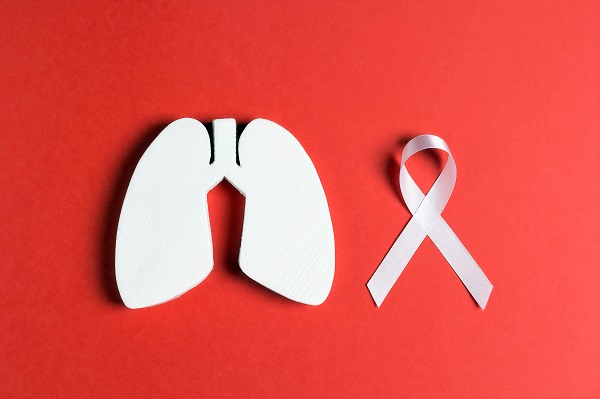5 Oncology Tips for Avoiding Lung Cancer

Learning about oncology, which is the study of cancer, can teach you how to lower your odds of developing lung cancer in the future. It is not a condition that only affects smokers — over half of the lung cancer patients in the United States are non-smokers, and the number continues to rise.
Lung cancer is the top cause of cancer-related deaths for women and men in the United States. It one of those health conditions anyone who has a pair of lungs should regularly be screened for. Early detection drastically increases survival rates.
5 Oncology tips on how to prevent lung cancer
Some types of lung cancer cannot be prevented, but there are some simple things anyone can do to lower their risk of developing the disease. This includes:
1. Avoid tobacco products
Smoking increases a person's risk of oral cancer so oncologists recommend avoiding the habit and avoiding places you might be forced to inhale second-hand smoke. Those who already smoke can lower their lung cancer risk by quitting. This allows their lungs to begin to repair themselves.
2. Avoid exposure to radon
Radon is the leading cause of lung cancer for non-smokers and it is the second most common cause of lung cancer for smokers. Radon is an odorless gas that is released by decaying uranium underneath the ground. Elevated levels of radon have been detected in many homes in the United States.
3. Avoid cancer-causing agents
About a third of men with lung cancer get it as a result of being exposed to carcinogens at work. Common carcinogens a person might be exposed to at work include cadmium, diesel exhaust, arsenic, nickel and chromium.
Employers in the United States are required to have Material Safety Data Sheets on the chemicals their employees might be exposed to. Workers should go over the information and ensure that they use appropriate protective gear at all times.
4. Eat well
A nutritious, healthy diet that consists of lots of vegetables and fruits can lower your risk of developing lung cancer. Fruits and vegetables contain antioxidants that get rid of harmful chemicals in the body. Eating fruits and vegetables regularly helps to keep internal systems clean.
Oncologists recommend adding a rainbow assortment of vegetables into your diet. It should include white vegetables like onions, orange fruits like sweet potatoes, dark green vegetables like spinach and red fruits and vegetables like tomatoes and apples.
Fruits and vegetables contain phytonutrients that have a variety of effects on the body like anti-inflammatory agents and antioxidants, which give the immune system a boost and help to prevent the buildup of carcinogens in the body.
5. Limit alcohol consumption
Cutting back on alcohol consumption can lower a person's risk of lung cancer. Heavy consumption of alcohol has been shown to increase the odds of developing cancer. However, moderate consumption of wine has been shown to lower the risk of cancer.
Safeguard your lungs
Contact our Marlton clinic to learn more ways to lower your risk of developing lung cancer.
Get more information here: https://lindenbergcancer.com or call Lindenberg Cancer & Hematology Center at (856) 475-0876
Recent Posts
A surgical oncologist helps diagnose and treat cancer using advanced procedures and often works closely with medical and radiation teams to coordinate care. Many patients hear the term after an abnormal scan, biopsy, or referral, and want a clear explanation of what this specialist does. Understanding how this specialty fits into cancer care can make…
Getting diagnosed with ovarian cancer is overwhelming to say the least, and many patients leave the doctor’s office thinking of questions they wish they had asked. Fortunately, you can bring these questions to your next appointment with the oncologist. Patients are encouraged to ask any questions they have to better understand their diagnosis, explore treatment…
Leukemia treatment aggressively targets cancer cells, but healthy cells can also be affected, leading to side effects. An oncology team can prevent problems early and ease symptoms fast. Clear expectations and communication help patients stay safer and more comfortable during care. Many side effects remain manageable when patients report their symptoms early, and supportive care…
Hematologic disease treatment often begins long before a formal diagnosis, because the earliest warning signs appear in everyday life. Fatigue, easy bruising, or frequent infections may not seem serious at first, yet they sometimes indicate that the blood, bone marrow, or lymphatic system needs attention. Understanding which symptoms matter, how long they last, and when…


